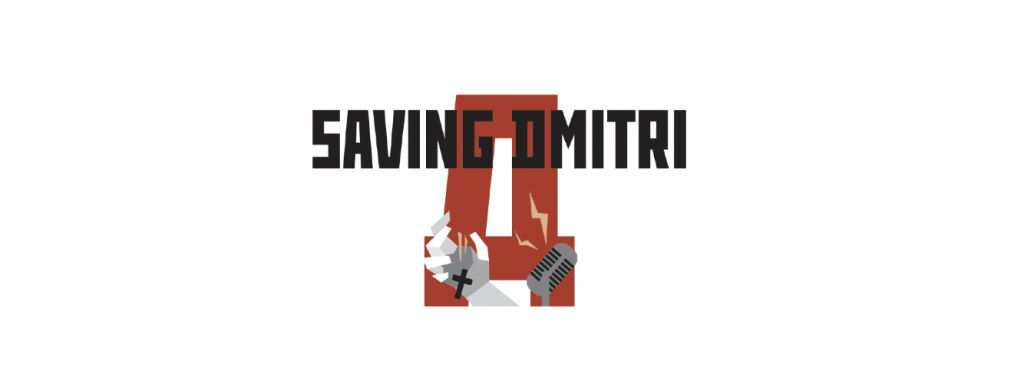A democracy rooted in freedom can only function in a virtuous society. If a nation once free becomes deeply intertwined with evil, or simply exists with a neutral behavior toward goodness, then it is destined to approach an end or a painful new beginning.
Our constitution was made only for a moral and religious people. It is wholly inadequate to the government of any other,” John Adams said.
As Adams pointed out, the U.S. Constitution will merely serve as beneficial to a society of ample spiritual health. This is because a nation in which virtue is obscenely rare, the unchallenged whims of personal desire, greed, lust, etc. require more confined governance in order to swerve the chaos caused by sinful behavior.
I rarely believe those who say, “America is dying,” because their intention behind this statement is typically to imply that the U.S. has reached some undefined breaking point where the institutions or citizens of the U.S. have become too corrupt to be governed by the current Constitution. This is not to say America prospers still, but it is to question the motives of those who contend that America is approaching its final stand and to offer a solution to a nation of people that are, according to a Pew Research poll, largely “pessimistic” about its future.
Consider the implications the “dying America” sentiment can have on this country. If one believes that the U.S. has no future, why would that person make any long-term investments dependent on the quickly disappearing American stability? Why would anyone pick up sidewalk litter from streets that are bound to be broken? If our society becomes so collectively pessimistic in this way, then it will become the state’s responsibility to enforce the picking up of sidewalk litter and the compulsive commitment to some moral as few will choose to do so.
If the people of this country desire freedom from state-distributed morals and the heavy-handed enforcement of them, then we must take it upon ourselves to pave the roads of virtue that we desire to drive on. We must distinguish what destination that we want to arrive at and refuse the roads we deem to actually lead to the “dying America” that many seem so keen to speak of.
I am keen to speak of America as well, but I am not keen to speak of its supposed “imminent death.” America has never been so much of a country as it has been an ideal. This ideal is the result of thousands of years of philosophers attempting to come upon a model nation in which no man can stand in absolute authority over another. Only a fool could despise the legal manifestation of the Lockean principles of life, liberty and property, and only a tyrant could despise the “American Dream”: The idea that anyone from anywhere can accomplish anything that he or she sets out to do.
Though these principles of ancient origin and modern manifestation have shown the world unequal promise of freedom, they will not live on in this fallen world without protectors and advocates. After all, even in a world where all will say they desire freedom, bondage appears far more popular of a practice. All people are servants in some manner, and most servants have chosen the wrong master (Luke 16:13); most have chosen bondage.
To truly be free and to pave a path that leads to freedom for generations of Americans to come, healing the American spiritual infrastructure must be the first priority. As John Adams said, the constitution exists for a “religious people,” not just a “moral people.” This distinction is crucial, as there is no possible measure of morality apart from a single arbiter of it.
“And there is salvation in no one else, for there is no other name under heaven given among men by which we must be saved” (Acts 4:12).
God, who is the creator and judge of morality, does not share his throne. He does not change or amend his rules as we do. To live in servitude of him is to understand the road that leads to freedom and reject that which pulls hearts to hell. He has made for us a future of hope, and he has accounted for the times in which we have chosen the road toward bondage.
As in this time and place, we Americans are blessed with laws that protect our right to practice religion. Let us not waste this rare opportunity to share the faith of freedom in Christ by following the narrow path, exemplifying him as we go, blessing institutions by boldly preaching the gospel, electing godly leadership to public office, condemning blasphemy and shielding ourselves with faith when this freedom is rebuked.
If this American ideal is to come to fruition, and we are to stand out as a nation of virtuous people who are upright enough to maintain freedom in our hands, we would be remiss to deny he who has made us free.
“Now the Lord is the Spirit, and where the Spirit of the Lord is, there is freedom” (2 Corinthians 3:17).
Kilker is the opinion editor.
